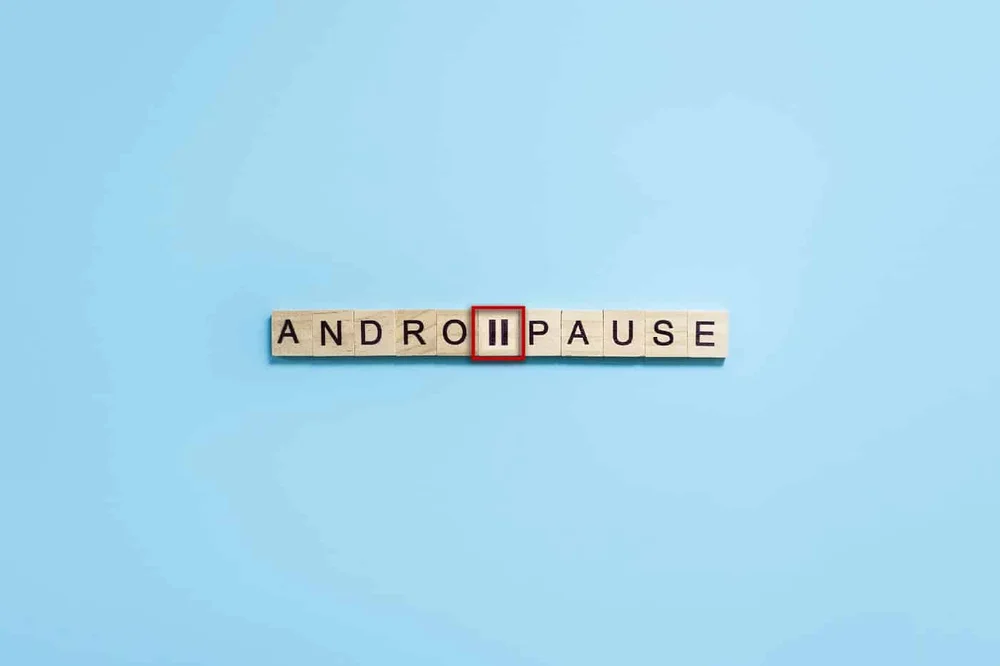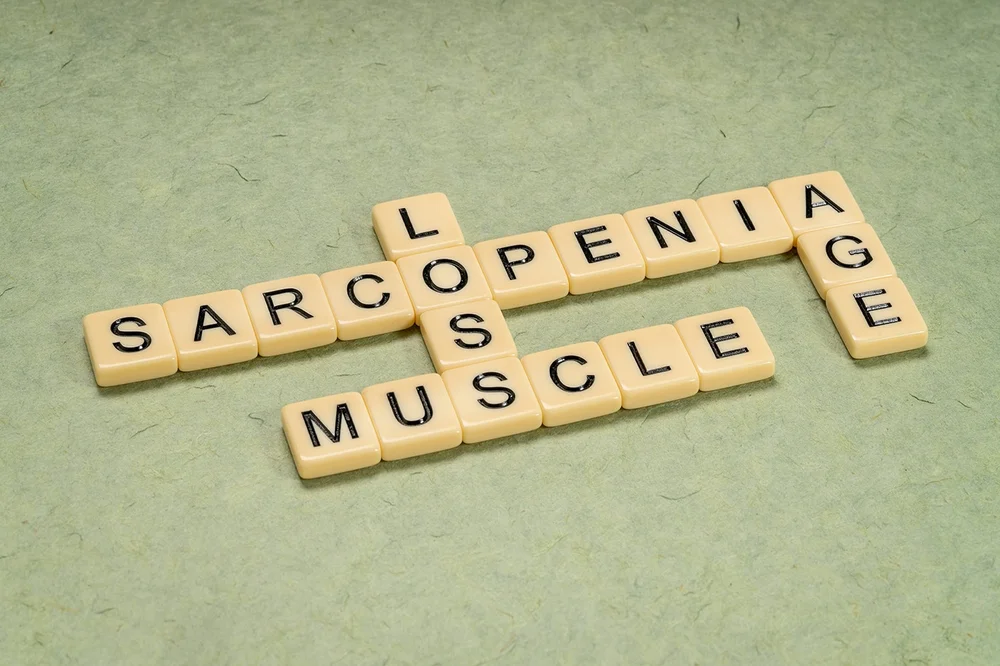What Is Andropause? What You Need to Know and What Can Help!
Medically Reviewed by Dr. Nicole Avena
Do you have less energy than you used to?
Is your waistline increasing while your libido is decreasing?
If you’re a man in or approaching your 50s, these are some potential problems to be mindful of, as well as some strategies that might help your situation.
Signs Of Aging In Men
If you’re a middle-aged male, there may be signs that your age is catching up with you. Here are just a few:
- Low energy/fatigue
- Loss of ambition/low enthusiasm
- Reduced sex drive/erectile dysfunction
- Low mood/mood swings
- Poor concentration/memory problems
- Loss of muscle mass/joint pain
- Sleep issues/tiredness
This is just a short list of symptoms; other, more serious, conditions may involve your heart or other organs.
For many adult men, the culprit for their issues with energy, mood, and libido is low testosterone.

Low Testosterone
Testosterone is a hormone that’s important for male development. It’s responsible for the deepening of the voice, the growth of facial hair, and many other features traditionally associated with maleness. Also, testosterone is the primary hormone responsible for libido in men.
As with many hormones, testosterone levels decrease with age. Testosterone peaks in adolescence and gradually declines around 1% each year thereafter. Those affected by this gradual decline in testosterone may experience emotional changes, physical changes, and changes in sexual function.
The aging process can leave some men with low testosterone levels that have been shown to increase feelings of anxiousness, low mood, and a host of other issues. Testosterone also can be prematurely reduced (at any age) by long-term stress, environmental pollutant exposures, insulin imbalance, narcotic use, and many other lifestyle factors.
If you find yourself gaining weight, even if your diet has remained consistent, you may be experiencing declining androgen levels.
What Is Andropause?
Androgens are a group of sex hormones, of which testosterone is the most well-known. Many men approaching their 40s and 50s go through a form of menopause called andropause.
The symptoms of andropause include:
- lowered sex drive
- mood issues
- lack of motivation
- fatigue
- increased body fat
- decreased muscle mass, strength, and stamina
Some men dealing with the symptoms of andropause may have problems with concentration and memory. Also, having low androgen levels may lead to metabolic issues, such as high blood pressure, high cholesterol, and high blood sugar. Having any of these symptoms may lead to significant health risks and potential higher incidences of premature aging and death.
Treatments for Andropause
Typical treatments for andropause may include medications and testosterone replacement therapy. However, getting testosterone injections can be expensive and may make health issues even worse for some individuals.
Fortunately, there are some natural ways to treat andropause, too. In addition to common lifestyle interventions, such as getting consistent exercise and quality sleep, eating a healthy diet can be an important way to mitigate the symptoms of andropause.
Here are some of the best nutrients to help relieve the issues related to andropause…
3 Best Nutrients for Managing the Symptoms of Andropause
Ashwagandha
Ashwagandha (Withania somnifera) is a well-known herb that’s been used for centuries in Ayurvedic medicine. It’s an adaptogen that supports the body’s healthy response to stress by promoting calm and overall mental focus.* In addition, ashwagandha may help improve memory and attention.*
A study conducted on overweight, andropausal men between 40-70, found that ashwagandha, when taken daily, can have a positive impact on such male hormones as DHEA and testosterone.
Red Ginseng
Red ginseng, from Korea, is a powerful anti-inflammatory and antioxidant.* This form of ginseng may help support energy and raise testosterone to a healthy level in the body.*
A recent randomized, controlled trial involved overweight men struggling with the metabolic issues associated with low testosterone. After four weeks, participants who took red ginseng every day saw improvement in their total testosterone level, compared to the placebo group.
Vitamin D
Vitamin D is primarily known for building bones. However, healthy vitamin D3 levels also can help support your mood, boost your brain function, and generally improve your well-being.*
Sometimes referred to as the sunshine vitamin, vitamin D3 promotes the actions of serotonin, dopamine, and other key brain neurotransmitters.* It’s involved in the healthy regulation of thousands of human genes and is crucial for a strong immune system.*
So, is there a link between vitamin D and testosterone? One study, involving 54 men with low testosterone and vitamin D, saw increased concentrations of vitamin D in the supplement group. This increase led to a rise in bioactive, free, and total testosterone levels in the supplement group; the placebo group showed no significant change in testosterone levels.
Stay Proactive
If you feel like you might be dealing with the symptoms of andropause, be sure to support your testosterone levels naturally with these nutrition and lifestyle recommendations for optimal health and well-being.
Scheduling regular check-ups with your doctor is a smart way to maintain a healthy testosterone level. Men over 50 should educate themselves about andropause and its potential risk factors.
Also, consider getting regular blood work, as recommended by your doctor. Early detection and treatment can help manage symptoms and prevent complications down the road, so don’t delay in reaching out to a trained medical professional if you’re having any of the above symptoms.
At BrainMD, we’re dedicated to providing the highest purity nutrients to improve your physical health and overall well-being. For more information about our full list of brain healthy supplements, please visit us at BrainMD.
*These statements have not been evaluated by the FDA. This content is for informational purposes only. It is not meant to substitute for medical or healthcare advice from a physician, nor is it intended to diagnose, treat, cure, or prevent any disease. Consult your healthcare provider before beginning a new health regimen.



